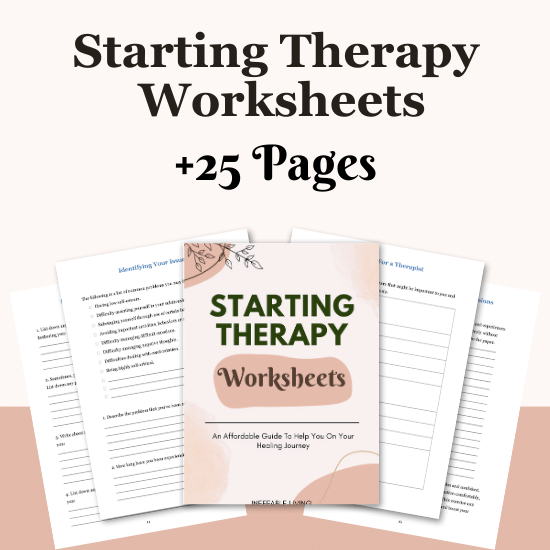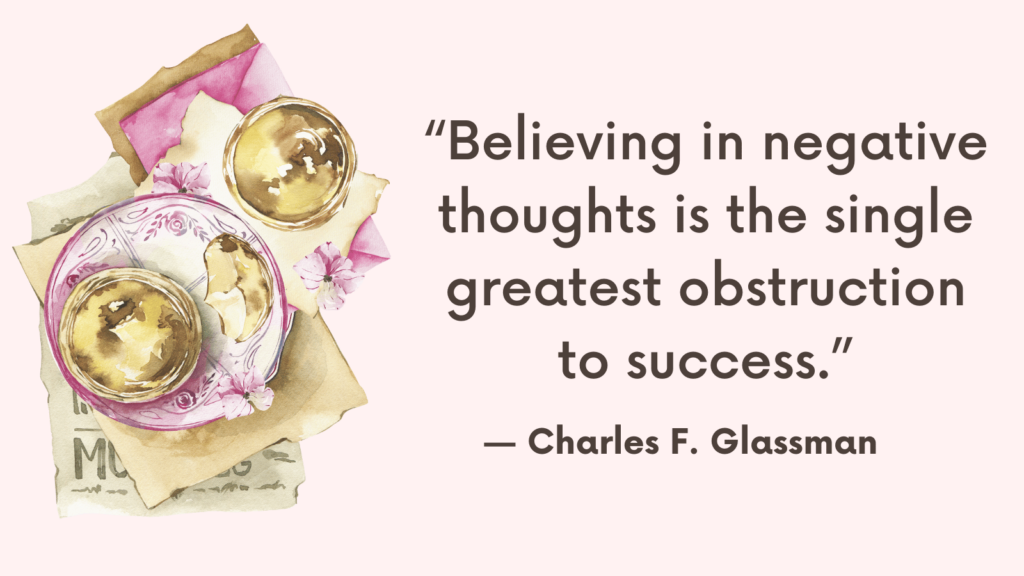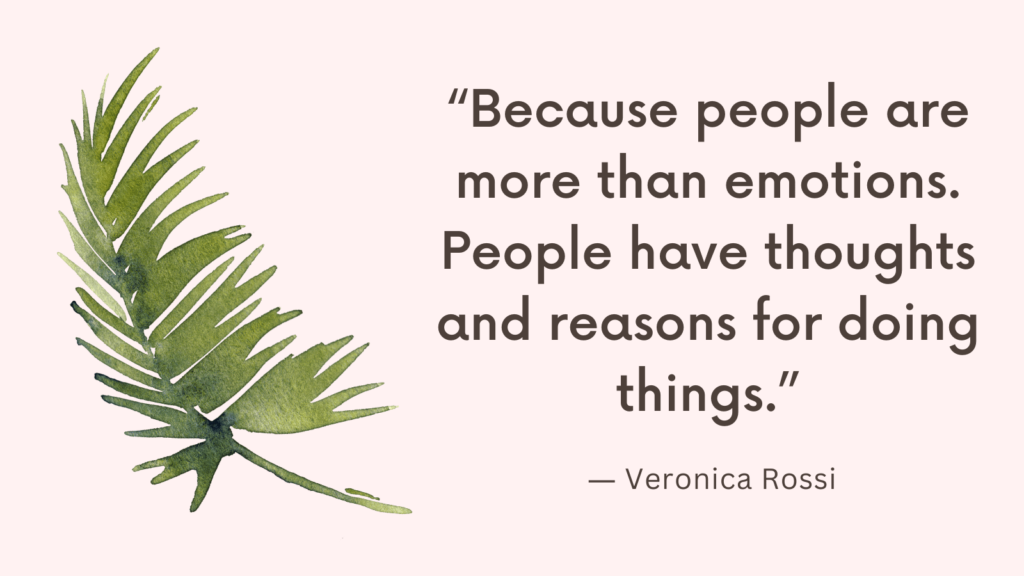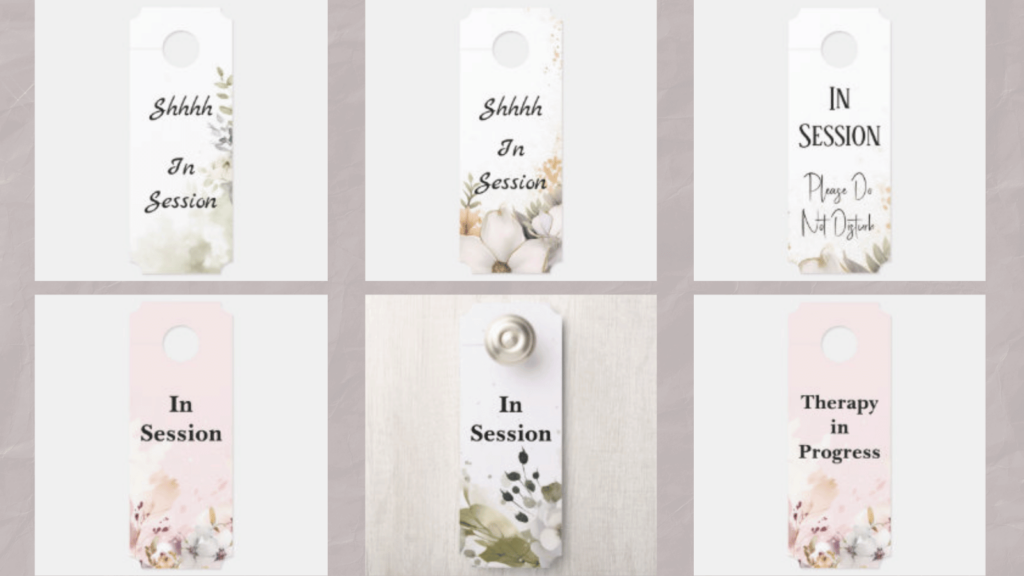This post contains a list of solution focused therapy questions.
What Is Solution Focused Therapy?
Solution-Focused Therapy is a goal-directed, collaborative approach to therapy that focuses on finding solutions to problems rather than analyzing the root causes of those problems.
It is based on the idea that individuals possess the strengths and resources needed to create positive changes in their lives.
Solution-focused therapy emphasizes the present and future, rather than dwelling on past difficulties.
The primary goal of solution-focused therapy is to help individuals identify and build upon their existing strengths and resources to achieve specific, attainable goals.
Therapists using this approach often ask questions designed to elicit the individual’s ideas about what would make their desired future different from their current situation.
Clients are encouraged to envision and describe possibilities for change and to take steps towards realizing those changes.
Solution-focused therapy is typically brief and focused, with an emphasis on practical, action-oriented strategies.
It can be used to address a wide range of issues, including relationship problems, behavioral challenges, and mental health concerns.
The approach is future-focused, respectful, and empowering, aiming to help individuals recognize their own abilities and resilience in creating the lives they desire.
Related: Best 23 Therapist Gifts Ideas
Solution Focused Therapy Questions
Here are 20 types of solution-focused therapy questions along with examples:
1. Miracle Questions
– “Suppose tonight, while you sleep, a miracle happens and the problem that brought you here is solved. When you wake up tomorrow, what will be the first small signs that it’s gone?”
2. Exception Questions
– “Can you think of a time when the problem didn’t occur or was less severe? What was different about that time?”
3. Scaling Questions
– “On a scale from 0-10, where 0 is the worst the problem has ever been and 10 is the best it could be, where are you today?”
4. Coping Questions
– “What have you been doing to cope with the situation, and how has it been helpful?”
5. Goal-Setting Questions
– “What would you like to achieve by the end of our sessions together? What would be a small step in that direction?”
6. Relationship Questions
– “Who has been supportive for you during this time? How have they been helpful?”
Related: Top 100 Therapy Questions
7. Resource-Oriented Questions
– “What personal strengths or resources could help you overcome this challenge?”
8. Future-Oriented Questions
– “As you look ahead, what are your best hopes for the future regarding this issue?”
9. Possibility Questions
– “What are some small changes that you think might make a big difference in this situation?”
10. Preferred Future Questions
– “If you woke up tomorrow and everything had improved, what would be the first thing you’d notice?”
11. Strength-Based Questions
– “Tell me about a time when you felt strong or capable in dealing with a similar challenge. What did you do differently then?”
12. Progress-Focused Questions
– “What’s been different since we last met that suggests you’re moving in a positive direction?
13. Hopeful Outcome Questions
– “When you imagine the best possible outcome, what does that look like for you?”
Related: Best 10 Acceptance And Commitment Therapy Books
14. Change-Focused Questions
– “What small change could you make that might have a positive impact on this situation?”
15. Reflection Questions
– “As you think back, what have you learned from past successes that might be useful here?”
16. Confidence-Building Questions
– “What gives you confidence that you can handle this challenge?”
17. Motivational Questions
– “What are you looking forward to once this challenge is behind you?”
18. Action-Oriented Questions
– “What’s one thing you could do today that might bring you closer to a solution?”
19. Follow-Up Questions
– “You mentioned trying X last week. How did that work out for you?”
20. Clarifying Questions
– “Help me understand what it might look like on a day-to-day basis if things were a bit better for you.”
Related: Best 25 CBT Journal Prompts

Conclusion
These questions are designed to facilitate a solution-focused approach by guiding individuals to identify their strengths, resources, and potential solutions, empowering them to take action and create positive changes in their lives.



